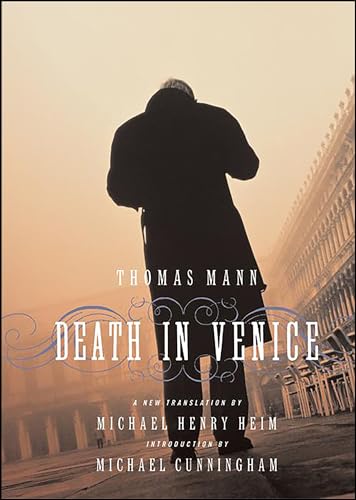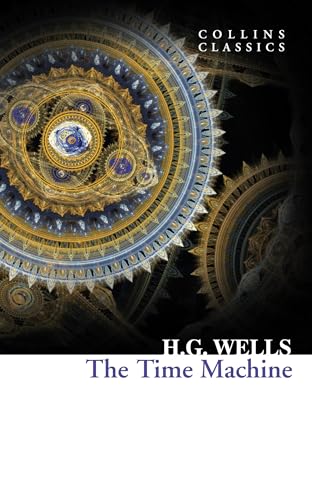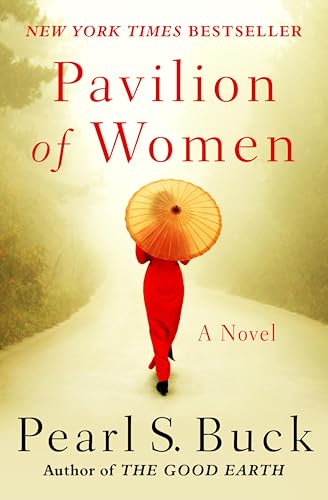Genre: Literary Fiction (5018 books)
The best classic books from the Literary Fiction genre.

#
RANK
12
POINTS

#
RANK
11
POINTS
#
RANK
10
POINTS
#
RANK
10
POINTS
#
RANK
10
POINTS
#
RANK
10
POINTS
#
RANK
8
POINTS
#
RANK
5
POINTS
#
RANK
4
POINTS
#
RANK
4
POINTS
🏆 Hall of Fame
Top rankings worldwide







